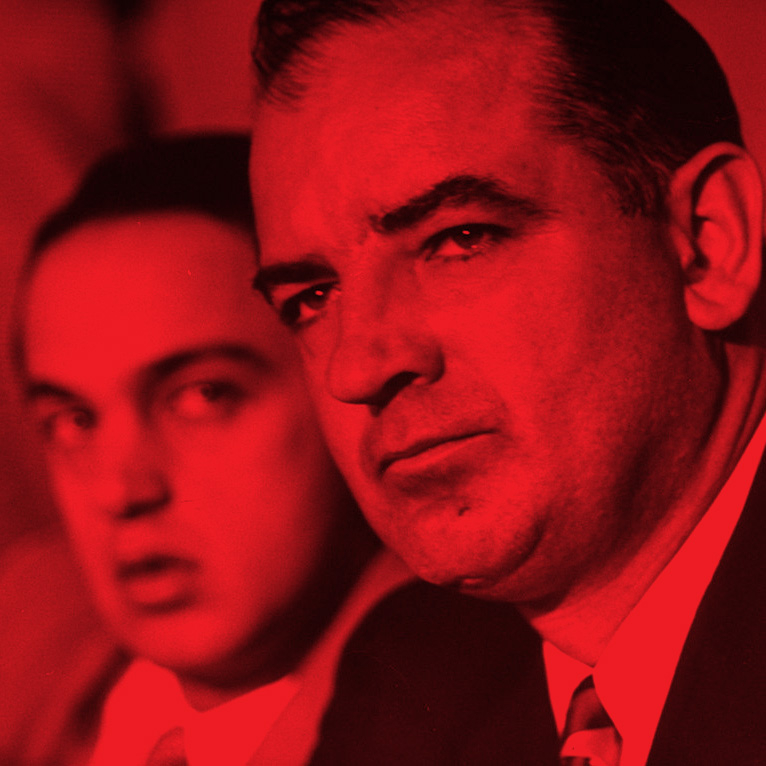This is more than the biography of a single bully, although that’s how I envisioned it at first.
A uniquely American strain of demagoguery has pulsed through the nation’s veins since its founding days. While Senator Joe McCarthy’s drastic tactics and ethical indifference make him an extraordinary case, he was hardly an original. Rather, he owed much to a lineup of zealots and dodgers who preceded him—Huey “the Kingfish” Long, Boston’s “Rascal King” mayor James Michael Curley, and Michigan’s Jew-baiting radio preacher Father Charles Coughlin, to name a few—and McCarthy, in turn, became the exemplar for the bullies who followed.


